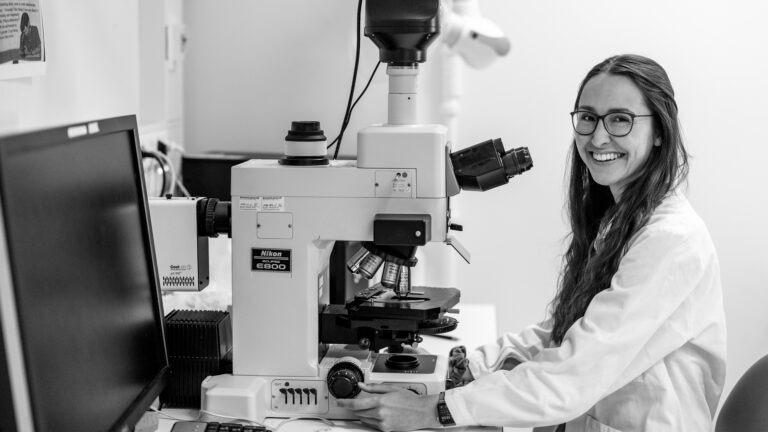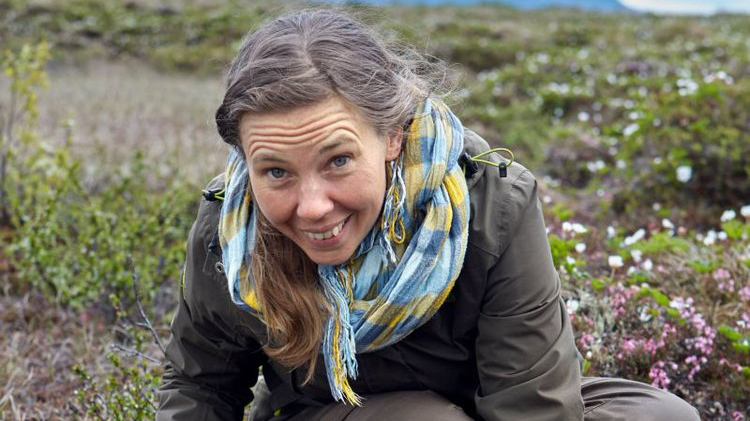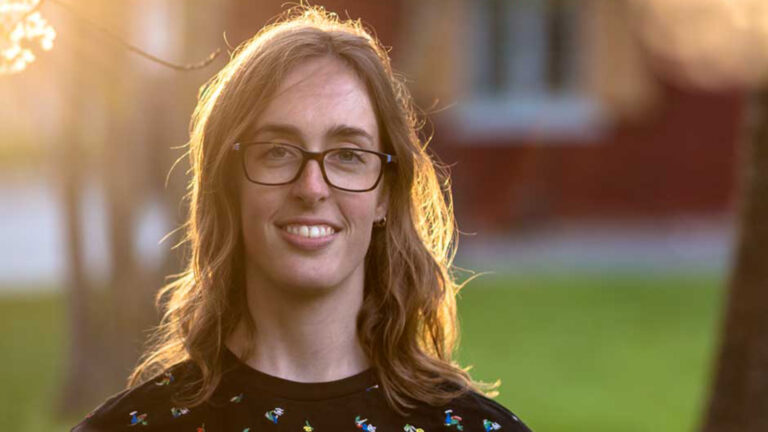GÄSTKRÖNIKA: Getting into dialogue with the public made…
Stepping outside the lab and into dialogue with the public was a truly enriching experience for me. I did not only grow personally but also… Läs mer
Skapad:
2023-10-13Uppdaterad:
2023-12-18GÄSTKRÖNIKA: How Citizen Science benefit researchers – reflections…
The time when Scientists were performing secret experiments in dark cellars and tall ivory towers is long gone. Today, academic researchers and laymen often investigate… Läs mer
Skapad:
2023-06-20Uppdaterad:
2023-07-03GÄSTKRÖNIKA: Stepping outside the researcher bubble
Vetenskap & Allmänhet, VA is an NGO located downtown Stockholm. Their mission? Bringing science and the public closer together by different means – science festivals… Läs mer
Skapad:
2023-05-26Uppdaterad:
2023-10-16GÄSTKRÖNIKA: Celebrate Women in Science Technology Engineering and…
In 2015 the United Nations proclaimed February 11th to be the International Day of Women and Girls in Science. Why is it important to have such day? Läs mer
Skapad:
2022-02-11Uppdaterad:
2023-10-16GÄSTKRÖNIKA: Science Engagement in Times of COVID 19
Sailing the same storm – but which boats are the best? All across the globe, the COVID 19 pandemic has created a sense of uncertainty… Läs mer
Skapad:
2020-08-28Uppdaterad:
2023-07-03How you can help fight the coronavirus infodemic
In the wake of the Covid-19 pandemic, there has been a surge in false claims about the new coronavirus and its origins. Many warn that… Läs mer
Skapad:
2020-06-01Uppdaterad:
2022-12-19Corona, the climate and the art of communication…
The COVID-19 pandemic is testing our entire society. The world’s researchers, authorities and decision-makers are strengthening their communications in order to mitigate the harmful effects… Läs mer
Skapad:
2020-04-07Uppdaterad:
2022-04-28GÄSTKRÖNIKA: Back to the beginning
When I was a child, I wanted to become a writer. A writer of children’s books, to be more precise. Maybe this had something to… Läs mer
Skapad:
2019-11-07Uppdaterad:
2023-04-17GÄSTKRÖNIKA: So you are a researcher… what’s your…
So… you are a researcher … interesting … and what’s your research about? Is it something we are likely to see in industry or hospitals… Läs mer
Skapad:
2017-06-26Uppdaterad:
2023-04-21A melting pot of creativity and inspiration –…
The annual Eusea (European Science Engagement Association) conference brings together science communicators from all over Europe and beyond. This year, VA contributed two sessions to… Läs mer
Skapad:
2017-06-21Uppdaterad:
2023-04-21The virtual world of citizen science
Do you enjoy playing games on the go? Would you also like to contribute to advancing science? Now, utility and pleasure can be combined in the… Läs mer
Skapad:
2015-03-03Uppdaterad:
2023-04-21Making Sense of Uncertainty
UK organisation Sense About Science has just published a guide to uncertainty in science. Aimed at igniting public debate as well as informing policy makers… Läs mer
Skapad:
2013-06-28Uppdaterad:
2022-01-10











